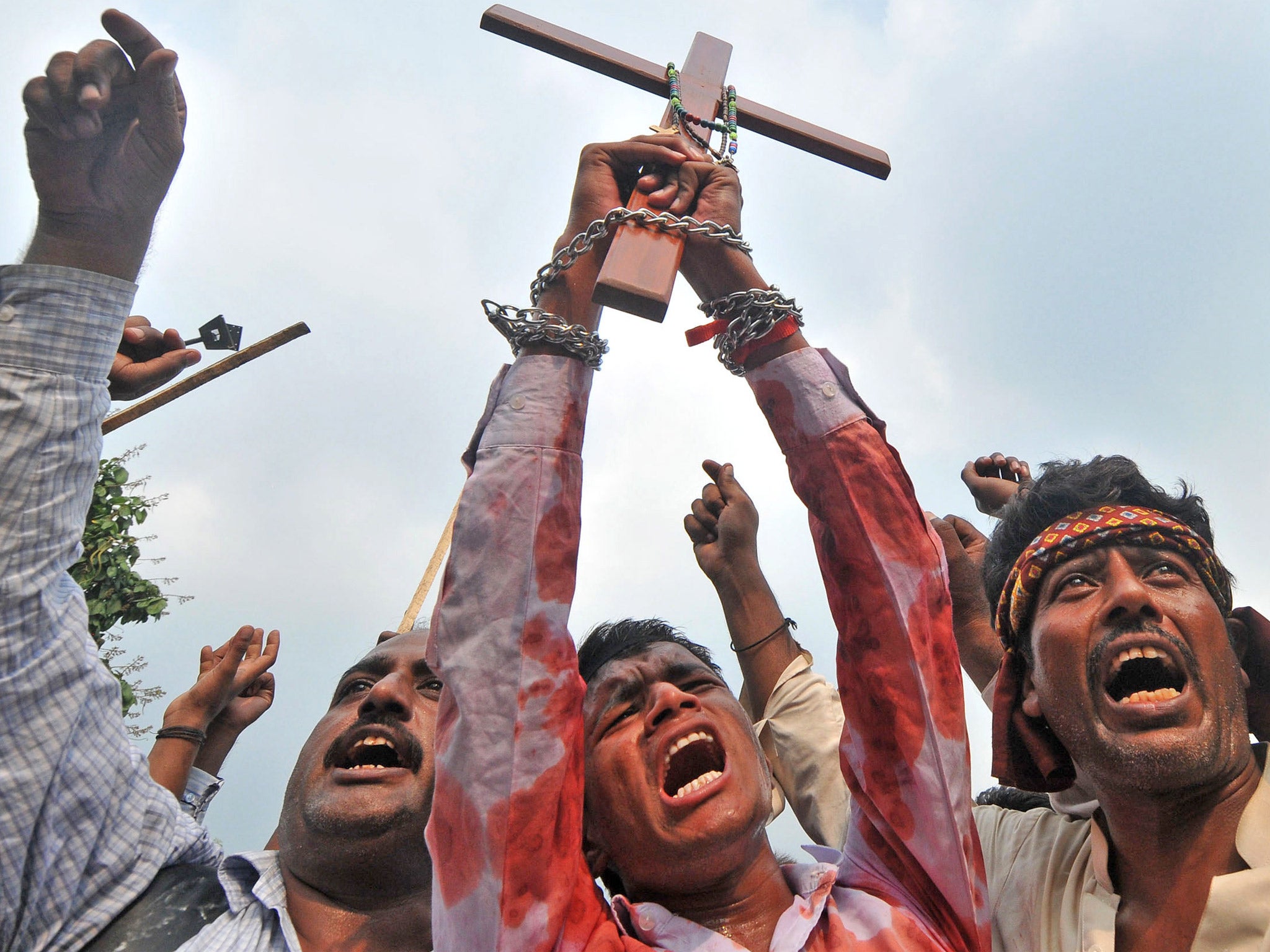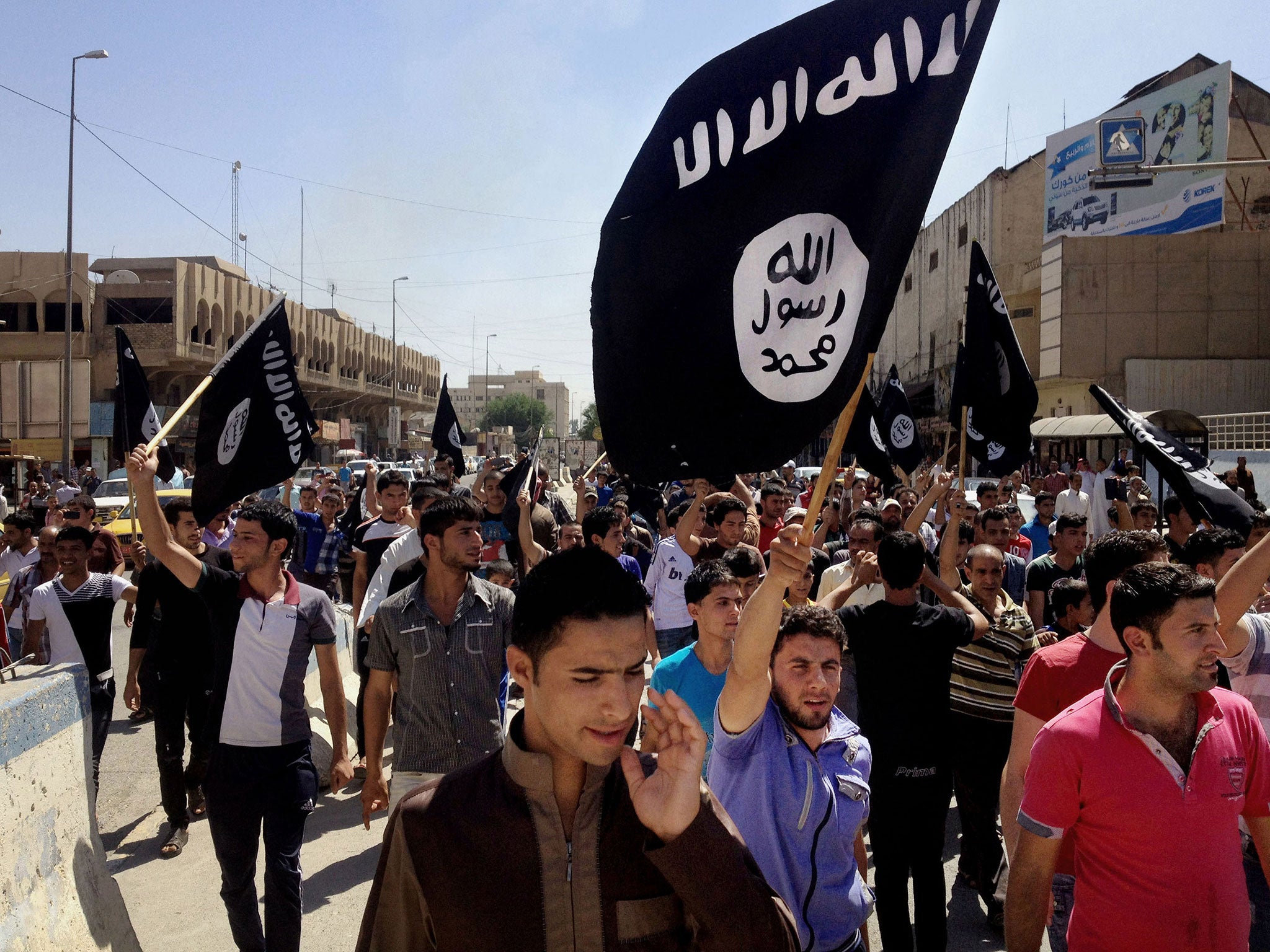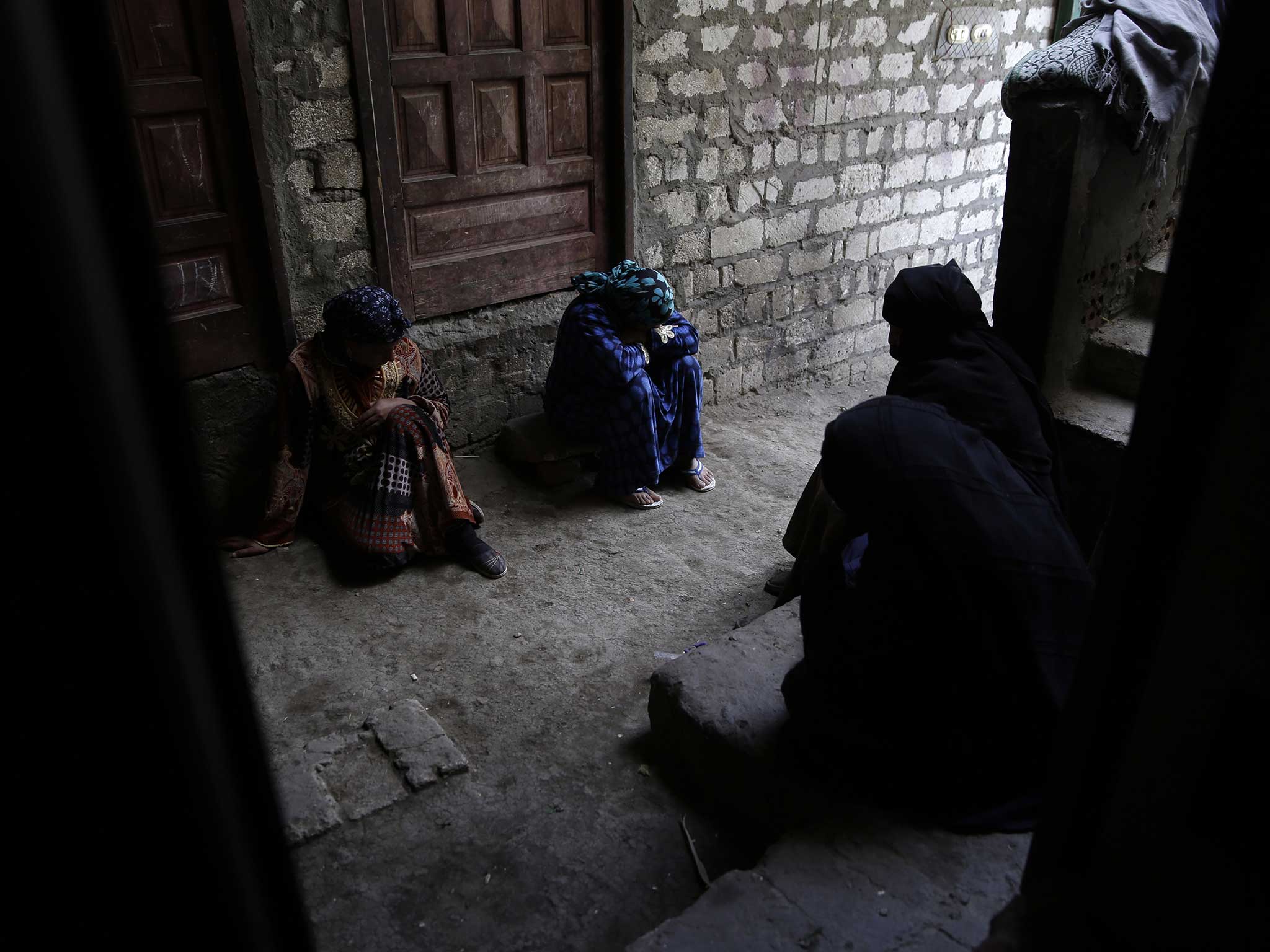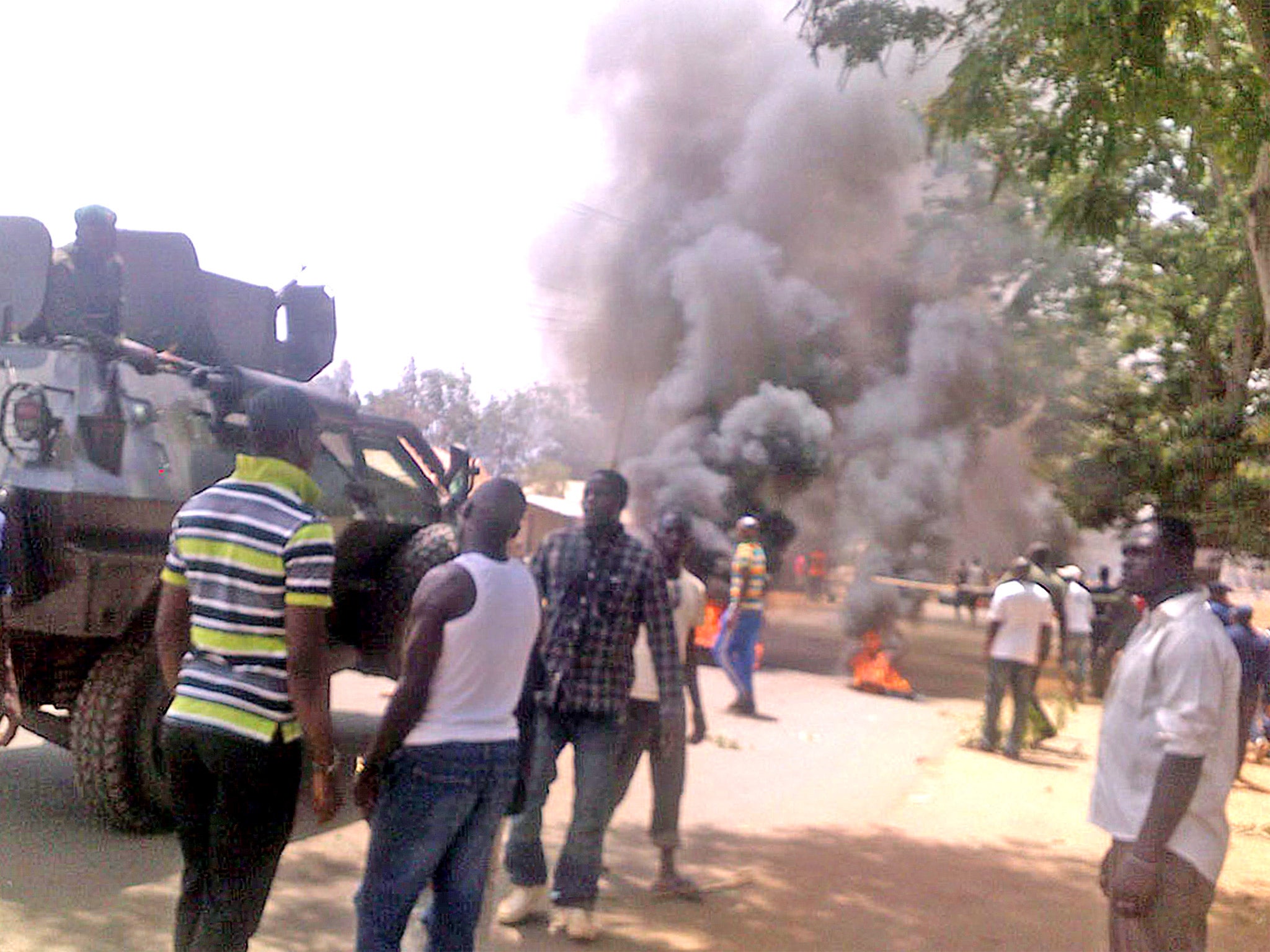Christianity 'on course to disappear' in parts of Middle East as ethnic cleansing continues, report warns
Isis and other Islamist groups were said to be the main culprits by Aid to the Church in Need

Christianity “could disappear completely” within a decade in parts of the Middle East, a report has warned as Isis and other groups continue their violent persecution of the faith.
Aid to the Church in Need (ACN), a UK-based Catholic campaign group, has chronicled a dramatic decline in the faith over the last two years largely due to what it called the “religiously motivated ethnic cleansing” in Iraq, Syria, Nigeria and other countries hit by Islamist insurgencies.
But researchers found that totalitarian regimes such as in North Korea, and extremism in faiths outside Islam were also playing a part in the 22 nations reviewed.

John Pontifex, the editor of Persecuted and Forgotten? A Report on Christians oppressed for their Faith 2013-15, said: “A cultural genocide of Christians is erasing the presence of faithful from large swathes of the Middle East, the very heartland of the Church.
“Far from laying the entire blame for persecution against Christians at the door of extremist Islam [the report] demonstrates that many of the problems stem from non-Muslim extremist – nationalist – faith groups and historically communist totalitarian regimes.”
Researchers wrote that with the faith disappearing from entire regions, including parts of Africa, it was “changing from being a global faith to a regional one”.
Video: Pope highlights persecution of Christians
Iraq was among the 10 countries where persecution is ranked as “extreme”, with the charity saying Christianity’s future in the country is “in doubt” amid an exodus of refugees pushed out by Isis’ violent advance last year.
The ACN warns that Christians could virtually disappear from Iraq within five years “unless emergency help is provided at an international level on a massively increased scale”.
Numbers of Christians in the country are believed to be as low as 275,000, while the figure in neighbouring Syria has dropped from 1.25 million in 2011 to as few as 500,000 today.
Isis and other jihadist groups have targeted religious minorities in both countries, driving them from their homes, kidnapping priests and murdering those who refuse to renounce their faith.

Researchers said that Christians were not only a target because of their faith itself, but because of their “perceived links with the West and a view associating the faithful with colonialism”.
The report held Islamism to be the greatest threat but also highlighted attacks sparked by militant forms of Hinduism, Judaism and Buddhism.
The countries where Christians were deemed most at risk were: China, Eritrea, Iraq, Nigeria, North Korea, Pakistan, Saudi Arabia, Sudan, Syria and Vietnam.
An exodus of at least 100,000 Catholics from the Nigerian diocese of Maiduguri was recorded by May this year, in the wake of attacks by Boko Haram, and Islamist groups are also active in Kenya and Sudan.

Rising anti-Christian attacks by militant Buddhists were also documented in Sri Lanka and Burma, while radical Hindu movements are active in India.
Some regimes were held responsible for state-sanctioned persecution, including those in North Korea, China, Saudi Arabia, Eritrea and Vietnam, while Christians in Russia and Turkey were said to be “under close control”.
In the report’s foreword, Archbishop Jean-Clément Jeanbart, a Greek Catholic leader in Syria wrote that his cathedral in Aleppo had been bombed six times.
“We are confronting one of the most important challenges of our 2,000 year history,” he added.
The Pope sent a message from the Vatican addressing ACN's findings, saying the world must be made aware of the “plight and suffering” of Christians.
“[Pope Francis] prays that those in positions of authority will diligently strive not only to eradicate religious discrimination and persecution in their own nations, but also to seek ever more effective ways to promote international cooperation in order to overcome these offenses against human dignity and religious freedom,” a statement said.
Marking the report’s launch in the House of Lords, David Cameron said Christians were being “systematically discriminated against, exploited and driven from their homes because of their faith”.
Nicola Sturgeon, the Scottish First Minister, also sent a message of support to ACN, saying that the “extent and scale of the problem” must be identified in order for persecution to be properly addressed.
Join our commenting forum
Join thought-provoking conversations, follow other Independent readers and see their replies
Comments